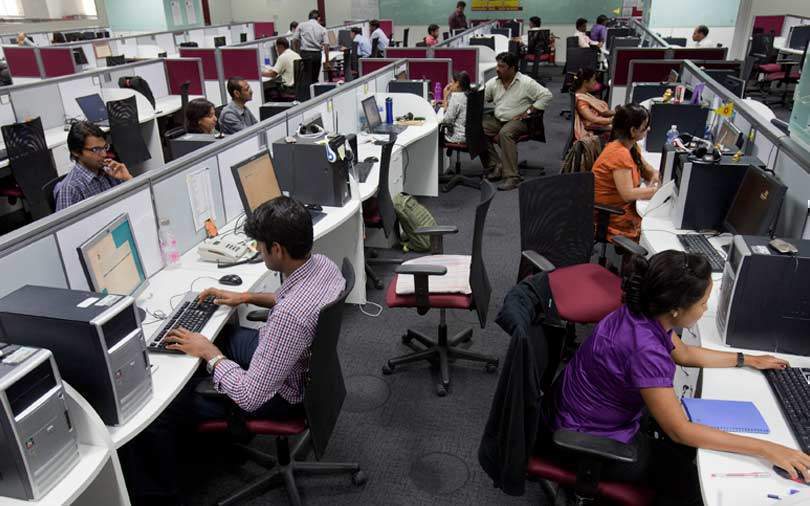
Indians prefer to be called disruptors than being termed disrupted: Study


Indian companies back themselves in their abilities to adopt newer technologies much more confidently than their Asian and Australian counterparts, according to a study by Baker McKenzie, a Chicago-based multinational law firm.
The report, Age of hypercomplexity research, also said Indian business leaders would rather be described as disruptors compared to being termed disrupted in contrast to those surveyed in other major economies of the region.
Although no single nation reported being confident in taking on the challenges posed by the ever-increasing pace of technological change, 31% of Indian business leaders said that they were highly adept at making the best out of new technologies as opposed to 14% in Hong Kong and 8% in Malaysia.

Although 69% Indians felt their companies were being disrupted, the number was lesser compared to 78% in Japan and 84% in Hong Kong who felt they were getting disrupted as opposed to being the disruptors.
“Tech-savvy cities such as Bengaluru and Gurgaon are now reaching critical mass in terms of the number of tech startups located there and the infrastructure to support them," said Ashok Lalwani, global head of Baker McKenzie's India Practice.
None of the respondents from India or abroad said they were highly successful in managing the security risks associated with technology while the theft of sensitive information by own staff was identified as the biggest tech risk among the Indian respondents.

As many as 61% of Indian companies highlighted Big Data and analytics as a key focus area for the first part of 2020. The other technologies Indians focused on were cloud computing, customer relationship management and artificial intelligence (AI).
“Leading Indian companies and multinationals basing their tech operations in India are preparing for the new data-driven age with significant investments in processes and people," said Sonia Baldia, TMT partner, Baker McKenzie.
However, only 14% of Indian business leaders who were part of the survey said they were ahead of the technology curve and a whopping 70% said they were well behind the curve.

